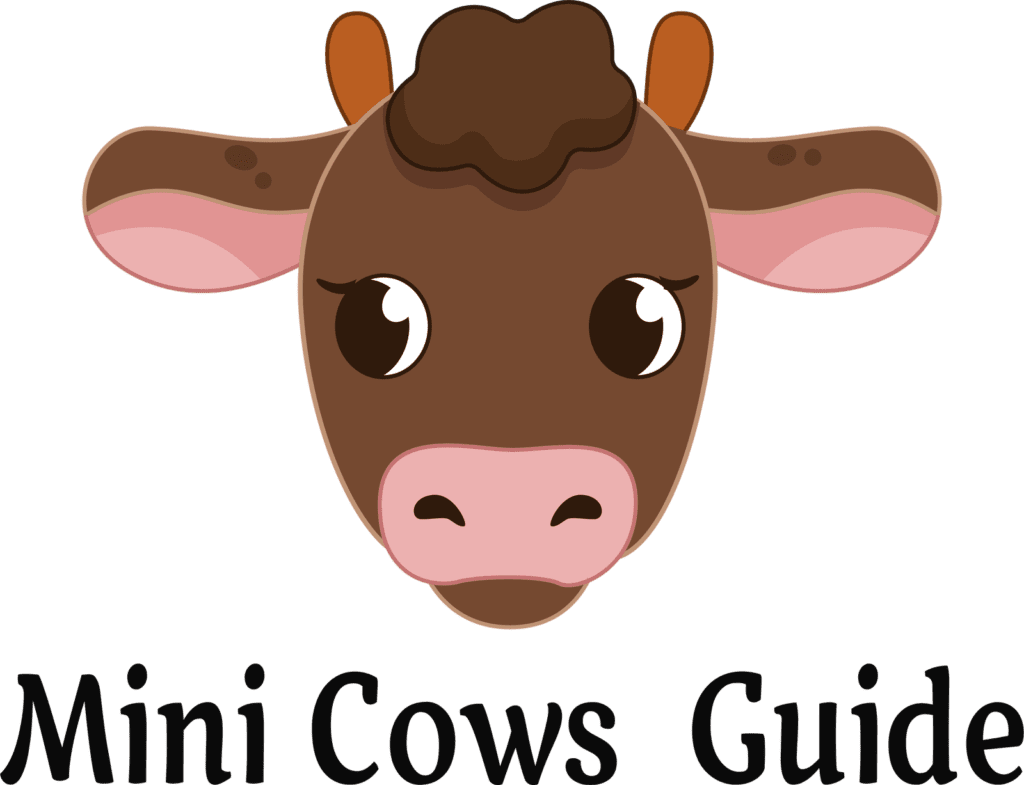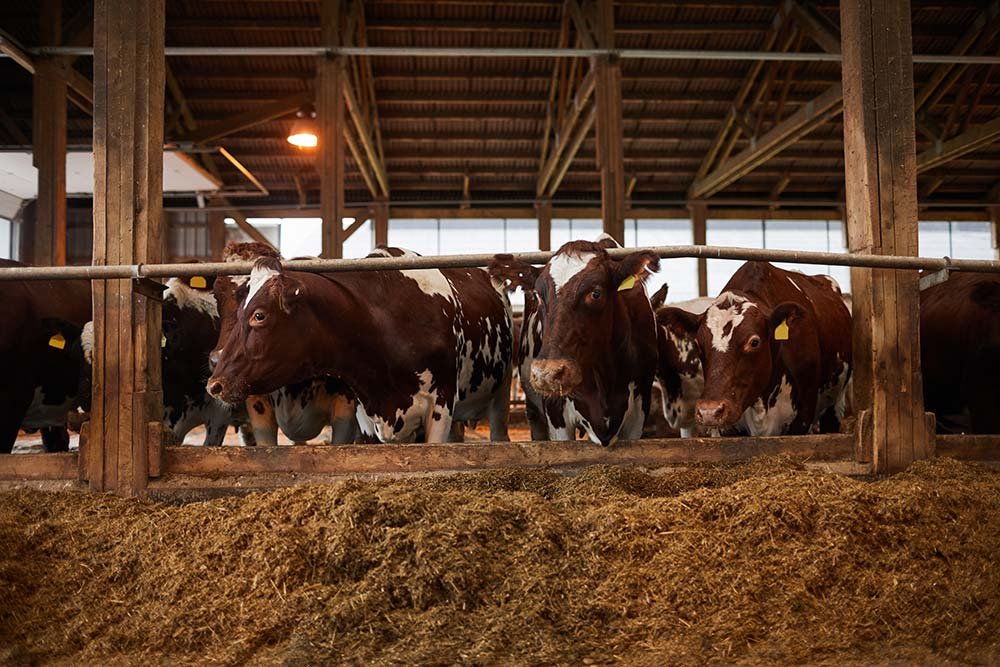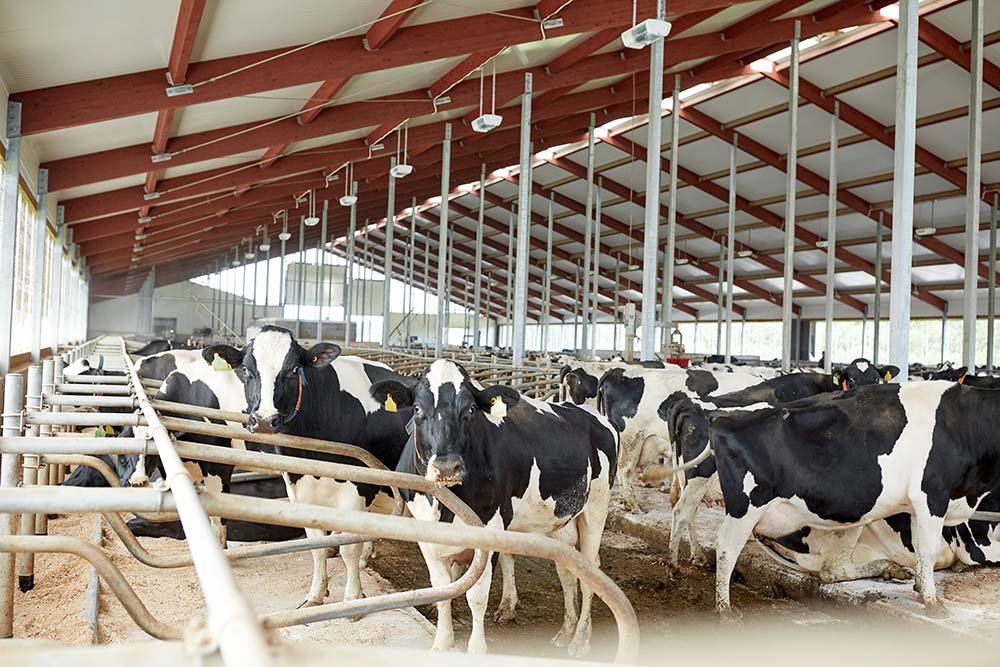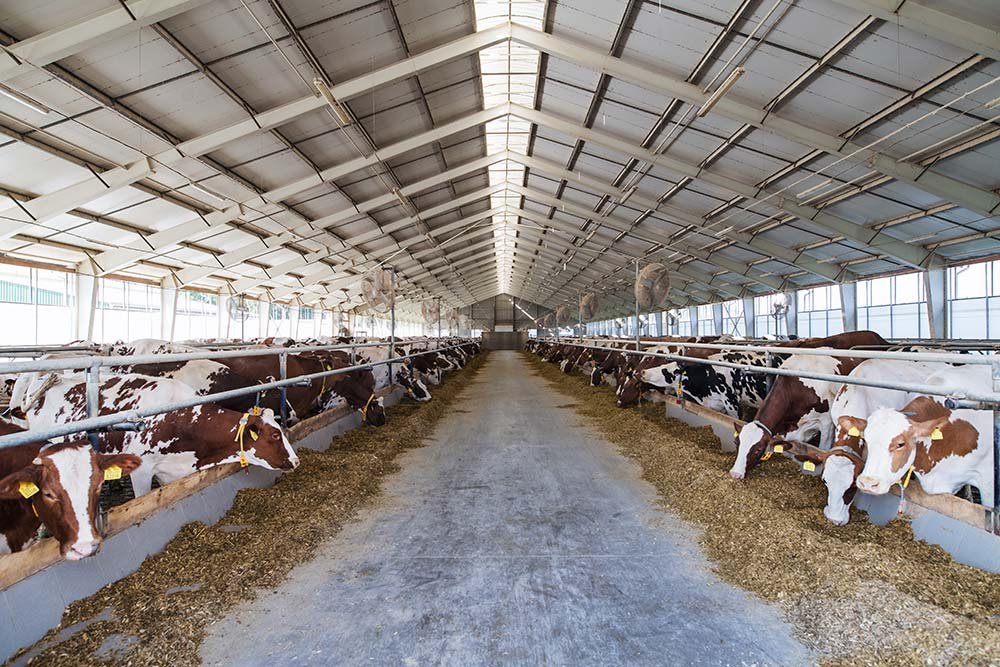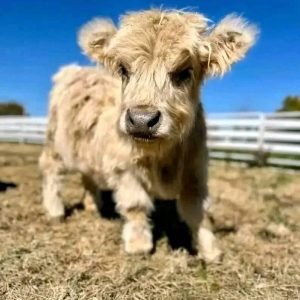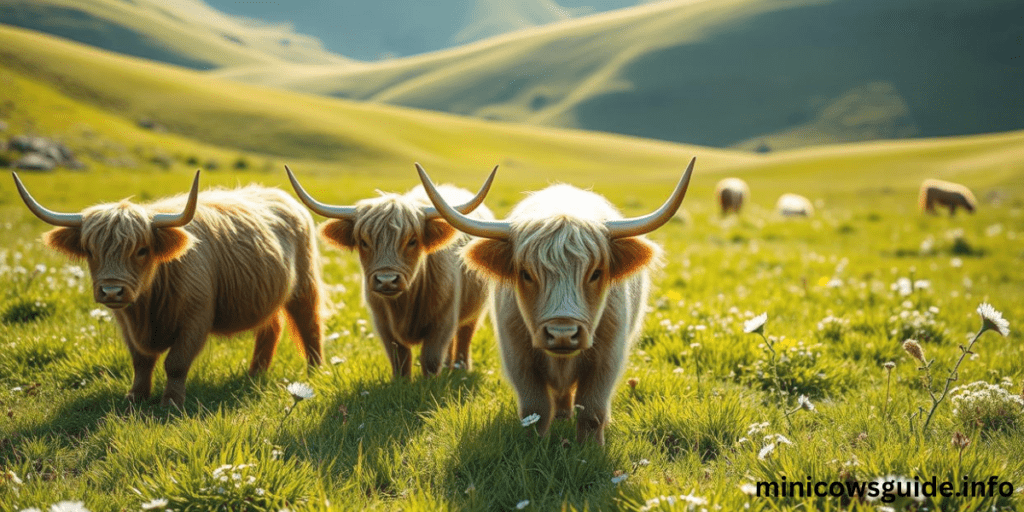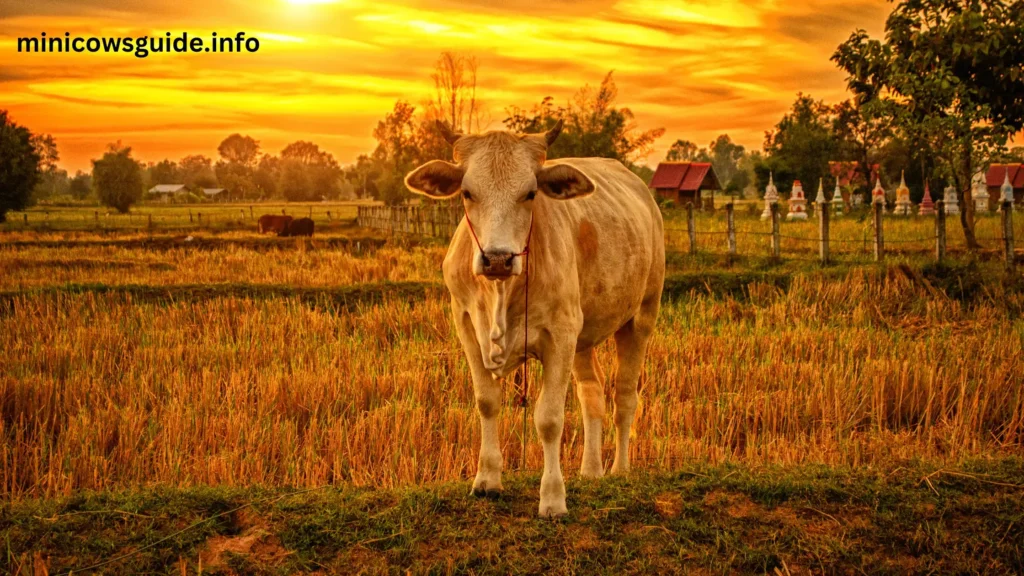
Pros of Miniature Cows
- Small-acreage solution: Miniature cows are well-suited for small spaces, making them an excellent choice for compact farms or properties with limited land. However, it’s important to verify local zoning regulations regarding livestock.
- Low feed requirements: Compared to their larger counterparts, miniature cows require less hay and pasture, resulting in reduced feeding costs and easier management of resources.
- Reduced manure: With their smaller size, miniature cows produce less waste, which is particularly beneficial for maintaining cleanliness and managing space in small areas.
- Easy handling: Miniature cows are generally easier to handle, making them suitable for families with children or individuals seeking animals that are more manageable. They can be easier for both children and adults to work with and require less physical effort.
- Homestead-sized production: Miniature cows provide just the right amount of milk or meat for homesteaders, ensuring that production remains manageable and fits the scale of small-scale farming operations. Additionally, their compact size allows for easier storage in standard refrigerators or freezers.
- Just plain unique!: Opting for a miniature cow adds a unique and interesting element to a family farm, making it stand out and offering a distinctive experience for owners.
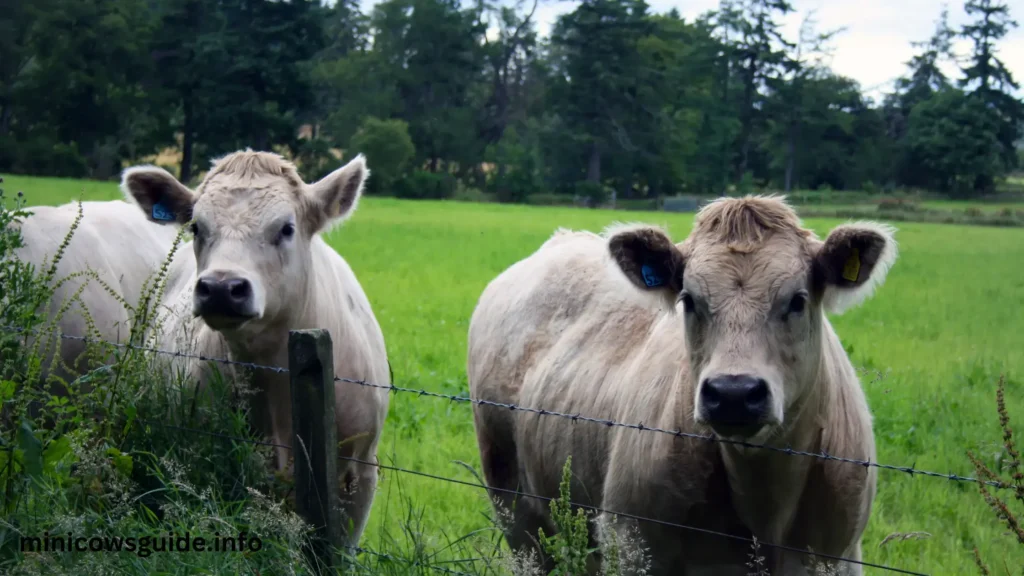
Cons of Miniature Cows
- The fad factor: Miniature cow breeds are currently trendy, attracting both reputable breeders and unscrupulous sellers. It’s essential for buyers to be cautious and thoroughly research breeders before making a purchase.
- Price: Due to high demand and limited supply, quality breeding animals can be expensive, potentially posing a financial challenge for homesteaders.
- Attitude: Some miniature cows may exhibit timid or stubborn behavior, possibly stemming from past experiences with humans. Proper training is necessary to establish trust and respect between the animal and its caretakers.
- Genetic defects: Small size in animals can be associated with genetic defects like dwarfism, which may lead to skeletal malformations and reproductive difficulties. Buyers should source miniature cows from breeders who conduct thorough genetic testing.
- Vulnerability: Miniature cows are more susceptible to predation due to their small size, and they can also be injured by larger pasture companions during interactions.
- Breeding challenges: Crossbreeding miniature cows with standard-sized breeds is discouraged due to potential complications. Additionally, their smaller size may pose challenges for artificial insemination, increasing the complexity and cost of breeding programs.
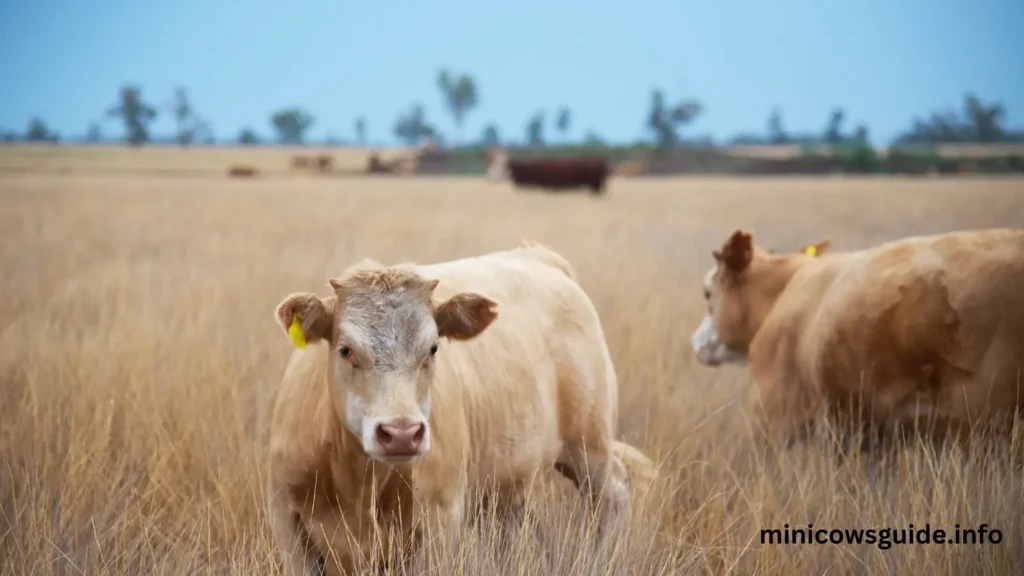
Conclusion
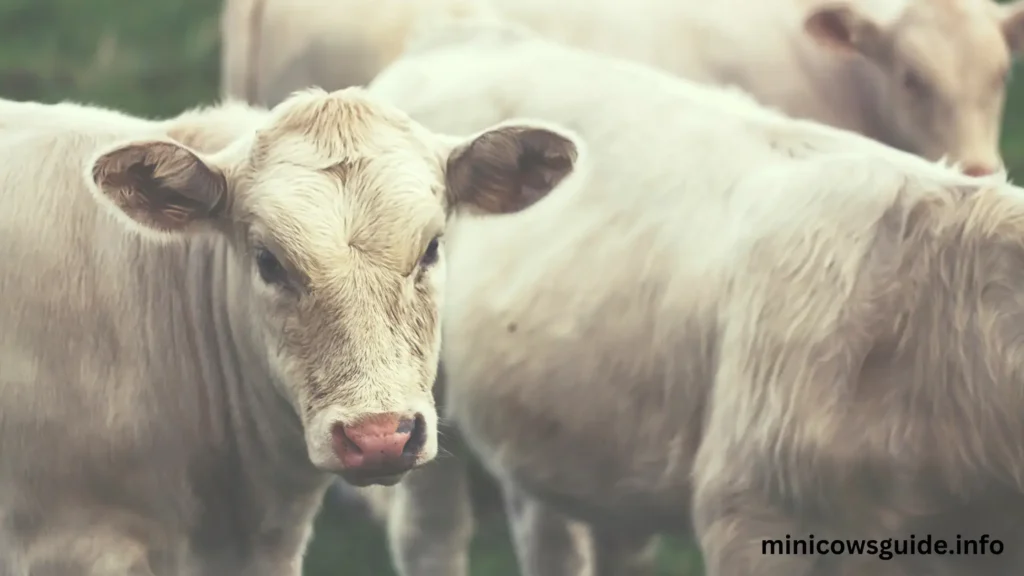
In conclusion, while miniature cows offer numerous advantages such as suitability for small spaces, low feed requirements, and unique characteristics, potential buyers must navigate certain drawbacks like the fad factor, high prices, and susceptibility to genetic defects. To mitigate these risks, it’s crucial to purchase miniature livestock from reputable sources that prioritize genetic testing and responsible breeding practices. By doing thorough research and selecting dedicated breeders focused on serving the needs of country families, owners can ensure that their miniature cows bring years of enjoyment and fulfillment to their homesteads.
